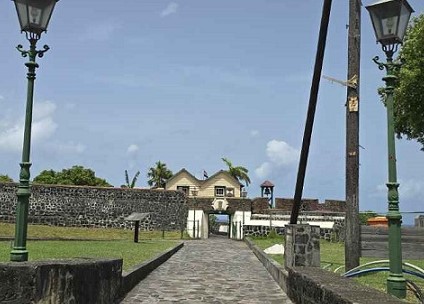Tourists visiting Barcelona for less than 12 hours may soon see a rise in tourist taxes, as the city aims to address the challenges of mass tourism.
This change comes amid record numbers of visitors to Europe this summer. Cruise passengers arriving in Barcelona are expected to be particularly affected by this tax increase, which is part of the city's broader efforts to manage the surge in tourists.
These tourism taxes, typically added to hotel bills or paid upon entry, will see a substantial hike for those staying for shorter durations. Jaume Collboni, the Mayor of Barcelona, announced that this increase is aimed at mitigating the "intensive use of public space without any benefit for the city."
This measure is intended to reduce the overwhelming influx of short-term visitors, which has sparked protests among locals who feel their city is being overrun by tourists. Currently, cruise passengers might pay around €7 per day, but the new rates could be significantly higher.
This initiative mirrors similar actions taken in other Spanish cities and across Europe, where tourism taxes have been implemented to balance visitor demands and protect local culture. In a statement to El Pais newspaper, Mayor Collboni emphasized the need for tourism that respects the destination, highlighting the disproportionate impact of stopover cruise passengers who stay less than 12 hours.
These visitors contribute to the "feeling of occupation and saturation" among residents, without substantial economic benefit to the city. Venice has already introduced a comparable tax hike for stopover cruise passengers, which is projected to double the city's revenues next year.
Barcelona anticipates similar financial benefits, with a recent €5 daily tax for day-trippers generating over €2.2 million in a single summer. As cities across Spain, and Europe at large, contend with the pressures of mass tourism, such measures are becoming increasingly common.
These policies reflect growing local frustration and the need for sustainable tourism practices that preserve the cultural and social fabric of these popular destinations.











